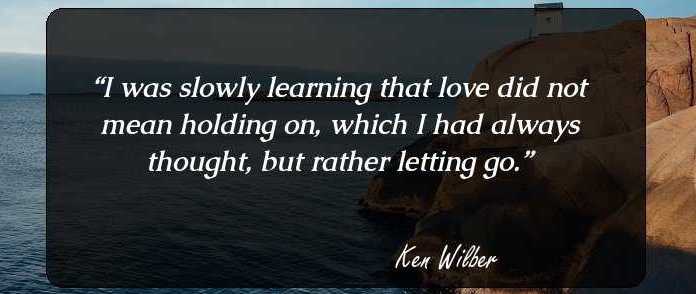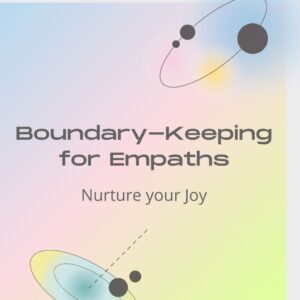When it comes to consciousness studies, there are many systems you can use as a lens to organize and develop your understanding of the different states of consciousness available.
And states of consciousness are the goal people are after—sometimes the only goal in their spiritual pursuit.
Have you ever wondered why people who seem to be able to achieve a high state of consciousness can still be assholes? This is because simply pursuing a state of consciousness doesn’t take into account one’s worldview, perspective, and fundamental life orientation. Ken Wilbur in his latest book The Religion of Tomorrow calls this a ‘stage’ of ‘growing up’ as opposed to a ‘state’ of ‘waking up.’
You may be pursuing a state of consciousness from a very egotistical or biased view. Or from a place of wanting more power, money, sex, whatever. Have you ever known anyone who can experience or attain a high state of consciousness but is still racist, homophobic, or bigoted in their worldview?
Not only do these people exist, the world has numerous examples of whole traditions that are still misogynistic, homophobic, or racist. For example, the Theravada Buddhist tradition makes a clear distinction between what and how male and female contemplatives can practice. If you study in one of their temples like I have, you’ll notice that the women are kept very separate from the men, and they do drastically different tasks as well (like cleaning, cooking, and washing).
Of course, each tradition has very good reasons for doing this. In fact, there are important energetic differences between a male and female-bodied person. So, I’m not saying the whole Theravada Buddhist religion is misogynistic, I’m saying in my two-week observation of it, as an outsider, non-practitioner, with little context (including language) ONE ANGLE of it looked pretty misogynistic.
I say this with the deepest respect for my meditation teacher, the abbot of the monastery there.
How can this be?
If you follow Ken Wilbur’s writing on consciousness studies, he provides a fairly comprehensive explanation. I won’t try to summarize Ken Wilbur’s life work in one blog post, but for our purposes here it’s helpful to look at the difference between ‘states’ of ‘waking up’ and ‘stages’ of ‘growing up’ in consciousness studies.
Stages are like points of view, a way of seeing the world. Regardless of your stage, you can achieve a very high state of consciousness, it may just be limited by the point of view or perspective of your stage. For example, if your stage believes the gods are wrathful and vindictive, then all thunderstorms may seem like an angry message from the gods above.
Wilbur’s book Integral Psychology charts over a hundred different developmental modes or stages of ‘Growing Up’ that are used by developmental psychologists, spiritual traditions, and other authorities the world over.
States are simplified into four states: gross / subtle / causal / non-dual (dreamless). As you continue to dive deeper into meditation or dream-states you lose consciousness of manifest reality and rise into higher states of being that are not identified by any dualistic experience, but rather, an experience of oneness/Unity.
The problem arises when you achieve a high state of consciousness, but from a lower stage of consciousness, and you view your experience through the lens of that stage/perspective. So even if you’ve lived a perfect life in relation to the gods, and have achieved a high state of connection with them, well, you may become really confused when someone implies ‘them’ is actually ‘one’ god, a unity.
‘Wake Up’ AND ‘Grow Up’
The best perspective we will ever achieve on certain traditions and practices may be from the outside. Details of these systems, especially if they’re secret and reserved for the initiated, may never be revealed to us—and you can see by its fruits that the Theravada tradition, again just as an example in this case, was wildly successful in shepherding many generations of contemplatives through important breakthroughs in states of consciousness, so it’s clear they served an important purpose in human evolution.
But the question remains, do they still? Is this ‘stage’ of growth still relevant to our journey? Or rather, a better question, how do you know when you’ve moved beyond one stage to the next?
If you truly want to develop your consciousness, you must both ‘wake up’ and ‘grow up.’
You can explore that with the next guru you meet who doesn’t treat men and women, different racial groups, or sexual orientations equitably.
I for one would rather be in a stage of growth that honors all aspects of the identities of my sisters and brothers on the path to enlightenment. Unity with God is, after all, a birthright of ALL people, right?


